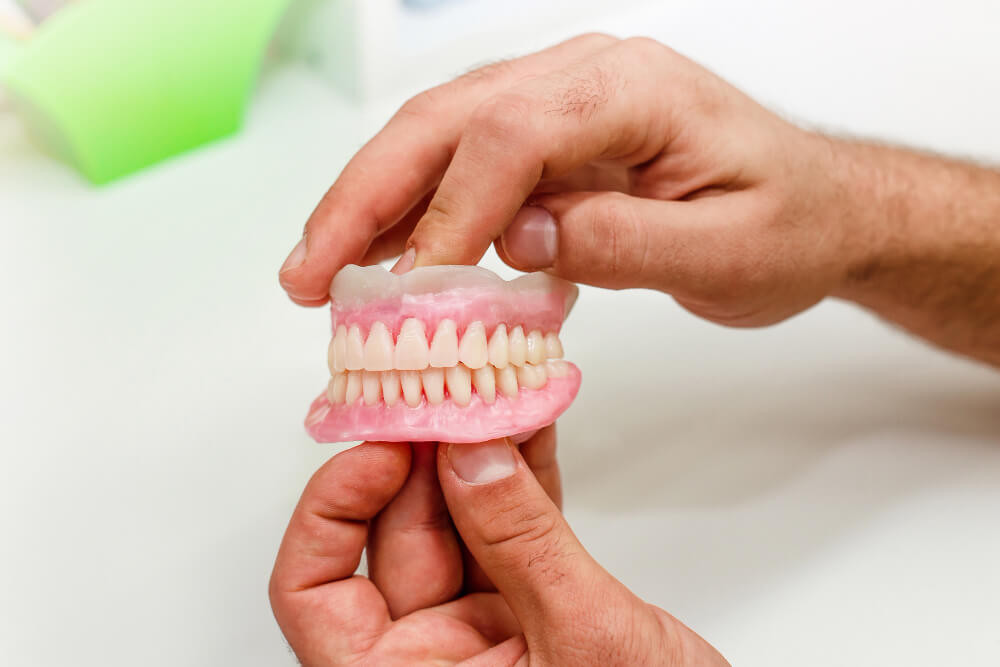Bleeding gums are a common dental and oral health issue that anyone can experience. Various factors can cause this condition, ranging from poor oral hygiene to underlying medical conditions. This article will help you understand the symptoms and causes of bleeding gums, as well as how to manage them effectively.
Causes of bleeding gums
Bleeding gums can be triggered by various factors, such as brushing your teeth too hard, using a toothbrush with stiff bristles, or wearing ill-fitting dentures. In addition to poor oral health habits, bleeding gums can also be caused by medical conditions that may require special treatment, such as:
Gingivitis
Gingivitis is the inflammation of the gums, often resulting from poor dental hygiene and plaque buildup on the teeth. When plaque accumulates, it can irritate the gum tissue, leading to swelling and increased bleeding.
Periodontitis
Periodontitis is a more severe infection that occurs when gingivitis is left untreated. This condition affects the gums, jaw, and surrounding tooth tissues and can result in loose teeth or tooth loss, requiring professional treatment.
Lack of vitamins C and K
A lack of vitamins C and K can make your gums more prone to bleeding. If you maintain good oral hygiene but still experience bleeding gums, it may be wise to consult a doctor for a possible vitamin deficiency. You can replenish these vitamins by consuming foods rich in them, such as oranges, broccoli, tomatoes, lettuce, kale, and spinach.
Diabetes
Individuals with diabetes are at a higher risk of developing bleeding gums. High blood sugar levels can lead to increased sugar in the saliva, promoting the growth of bacteria and plaque. This can irritate the gums, resulting in gum disease, tooth decay, and tooth loss, often causing the gums to bleed, become red, and swell.
Leukemia
Bleeding gums can also be a symptom of leukemia (blood cancer). In this condition, the platelet count in the blood decreases. Platelets are essential for stopping bleeding, making those with leukemia more susceptible to bleeding gums.
Hemophilia
Hemophilia is a blood clotting disorder. If your gums bleed easily from minor injuries or dental procedures, this may indicate a medical issue like hemophilia.
Management of Bleeding Gums
To effectively manage bleeding gums, it is important to identify the underlying cause. Here are some general tips for maintaining good oral health and addressing bleeding gums:
- Use a soft toothbrush: Choose a toothbrush with soft bristles that are gentle on your gums
- Brush regularly: Brush your teeth at least twice a day and use dental floss
- Use antibacterial mouthwash: This can help soothe inflamed or swollen gums
- Rinse with saltwater: A saltwater rinse can reduce inflammation and promote healing
- Schedule regular dental check-ups: Aim for a dental visit at least every six months
For bleeding gums caused by medical conditions, treatment will depend on the specific issue. Diabetics should manage their blood sugar levels according to their doctor’s advice. For conditions like leukemia or hemophilia, medical professionals will provide appropriate examinations and treatment based on the severity of the disease.
If you have any dental issues, it is advisable to see a dentist. You can also make use of the consultation features that are available in the Ai Care application by downloading the Ai Care application from the App Store or Play Store.
Looking for more information about other diseases? Click here!
- Sean Edbert Lim, MBBS
Cleveland Clinic. Bleeding Gum. Available from: https://my.clevelandclinic.org/health/symptoms/24908-bleeding-gums
Robinson, K. (2023). Bleeding Gums and Your Health. Available from: https://www.webmd.com/oral-health/bleeding-gums-other-conditions
Roth, E. (2019). What You Need to Know About Bleeding Gums. Available from: https://www.healthline.com/health/bleeding-gums
WebMD editorial Contributors. (2024). Diabetes and Mouth Problems: What You Should Know. Available from: https://www.webmd.com/diabetes/diabetes-oral-health











